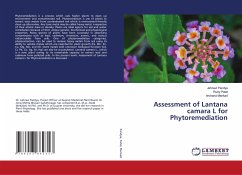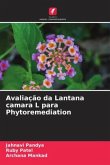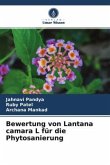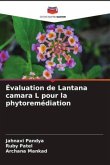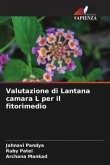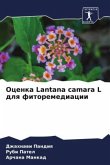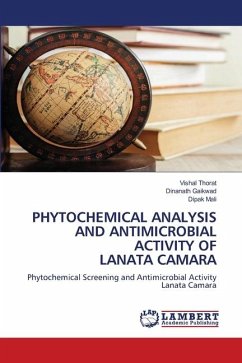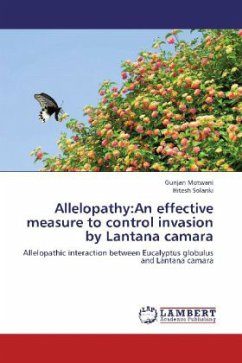Phytoremediation is a process which uses higher plants to clean up environment and contaminated soil. Phytoextraction is use of plants to extract toxic metals from contaminated soil which is environment-friendly clean up alternative. Any toxic metal may be called heavy metal, irrespective of their atomic mass or density. Plants are ideal agents for soil and water remediation because of their unique genetic, biochemical and physiological properties. Many species of plants have been successful in absorbing contaminants such as lead, cadmium, chromium, arsenic, and various radionuclides from soils. One of phytoremediation categories, phytoextraction, can be used to remove heavy metals from soil using its ability to uptake metals which are essential for plant growth (Fe, Mn, Zn, Cu, Mg, Mo, and Ni). Some metals with unknown biological function (Cd, Cr, Pb, Co, Ag, Se, Hg) can also be accumulated. Lantana camara L., which is a new plant owing to its remarkable capacity to extract leadand cadmium from polluted soils. In the present work, Assessment of Lantana camara L for Phytoremediation is discussed.
Bitte wählen Sie Ihr Anliegen aus.
Rechnungen
Retourenschein anfordern
Bestellstatus
Storno

